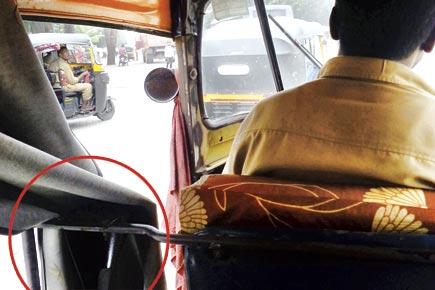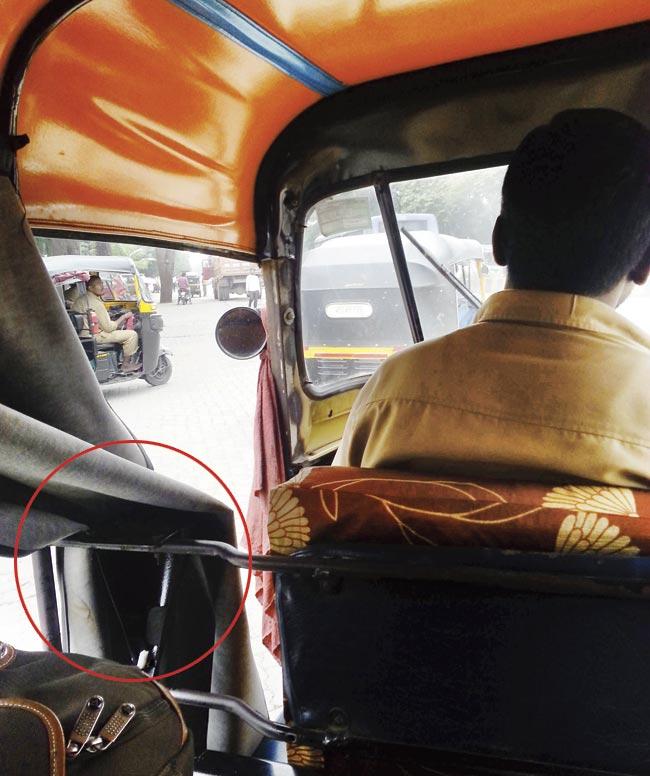Auto and taxi drivers take to plying without meters, charge arbitrary fares from passengers; claim recalibration costs them Rs 1,000 a day in earnings

Victims at the hands of touts and dealers during the recalibration process, auto and taxi drivers are now extracting their pound of flesh from unwitting commuters.
ADVERTISEMENT

A meter-less auto rickshaw plying in Borivli yesterday
With dealers asking drivers to leave their e-meters behind for recalibration and the process allegedly taking 2-3 days for each meter, autos and taxis are plying on the city’s roads without meters and commuters are being asked to shell out ad-hoc amounts. According to RTO rules, the vehicles whose meters are being recalibrated are supposed to be off the roads.
The drivers claim they have been standing in serpentine queues for days, but due to the rampant involvement of illegal agents (see box), their work is getting affected and they are losing nearly Rs 1,000 a day. Asked to take their vehicles away while the recalibration process is on, drivers have taken to plying short distances, between railway stations and local residential complexes, without meters, because of the low chances of getting caught.
The drivers quote arbitrary fares and, after negotiation with passengers, decide on a final one. While locals are able to negotiate properly, people unfamiliar with the area end up being overcharged. Admitting that the problem was prevalent, auto union leader, Thampy Kurien, said, “There are several rickshaws that tend to run without e-meters, which have been put for recalibration.”
“We lose at least R1,000 in earnings every day due to meter recalibration. So, we are left with no other option but to run our vehicles without the e-meters,” said an auto driver, who makes short trips without the meter.
Bad planning
Consumer activists say the lack of planning is to blame for the situation. “The RTO and unions should have foreseen the problem of drivers not being able to earn their livelihood for three days. Running autos and taxis without meters is wrong,” said A V Shenoy, consumer activist and transport expert.
 Subscribe today by clicking the link and stay updated with the latest news!" Click here!
Subscribe today by clicking the link and stay updated with the latest news!" Click here!






